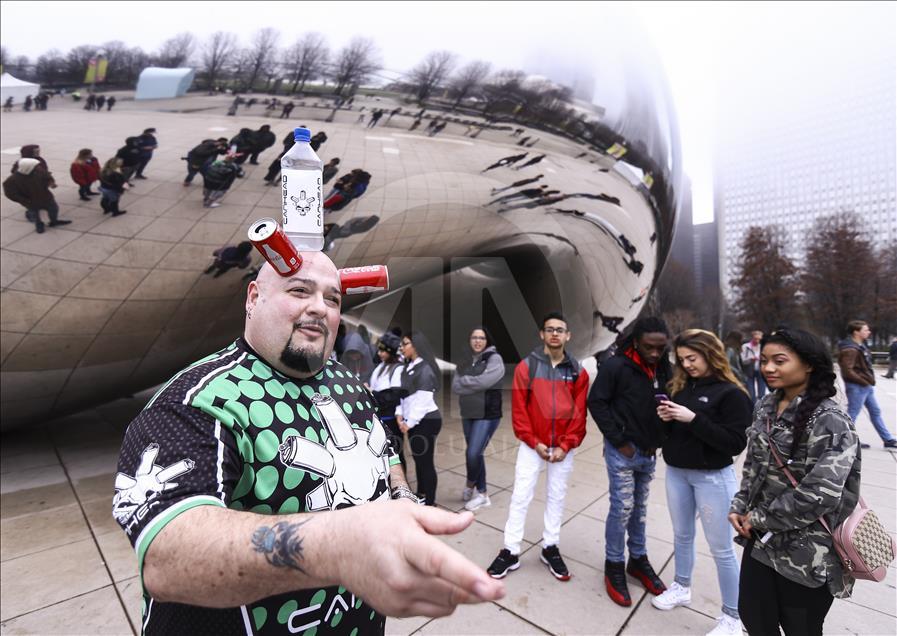
On Friday, a UK court handed down lengthy prison sentences to former deputy senate president Ike Ekweremadu, his wife Beatrice, and medical doctor Obinna Obeta for their involvement in a shocking kidney harvesting plot. The three conspirators were found guilty of luring a young Nigerian man, David Nwamini, to Britain with the intention of exploiting him for his kidney. The organ was to be used in a transplant for Ekweremadu’s ailing daughter, Sonia.
Following a six-week trial at the Old Bailey, London’s Central Criminal Court, the presiding judge sentenced Ike Ekweremadu to nine years and eight months in jail. His wife, Beatrice Ekweremadu, received a four-year, six-month sentence for her role in the conspiracy. Obinna Obeta, the medical doctor who participated in the scheme, was given a 10-year prison sentence.
Prosecutor Hugh Davies presented a damning case against the trio, highlighting their “entitlement, dishonesty, and hypocrisy” throughout the proceedings. The severity of the sentences reflects the gravity of the crimes committed by the conspirators, who sought to exploit a vulnerable individual for their personal gain.
The case has captured the attention of the UK and international media, prompting discussions about the darker side of organ transplantation and the lengths to which some individuals will go to secure a life-saving organ for a loved one. As public awareness of the case grows, it is hoped that this high-profile conviction will serve as a deterrent to others who may be considering similar illegal and unethical actions.
In light of these events, it is essential to ensure that organ transplant procedures are carried out ethically and within the bounds of the law. The exploitation of vulnerable individuals for the benefit of others is a gross violation of human rights, and it is crucial that we work together to prevent such heinous acts from occurring in the future.


















